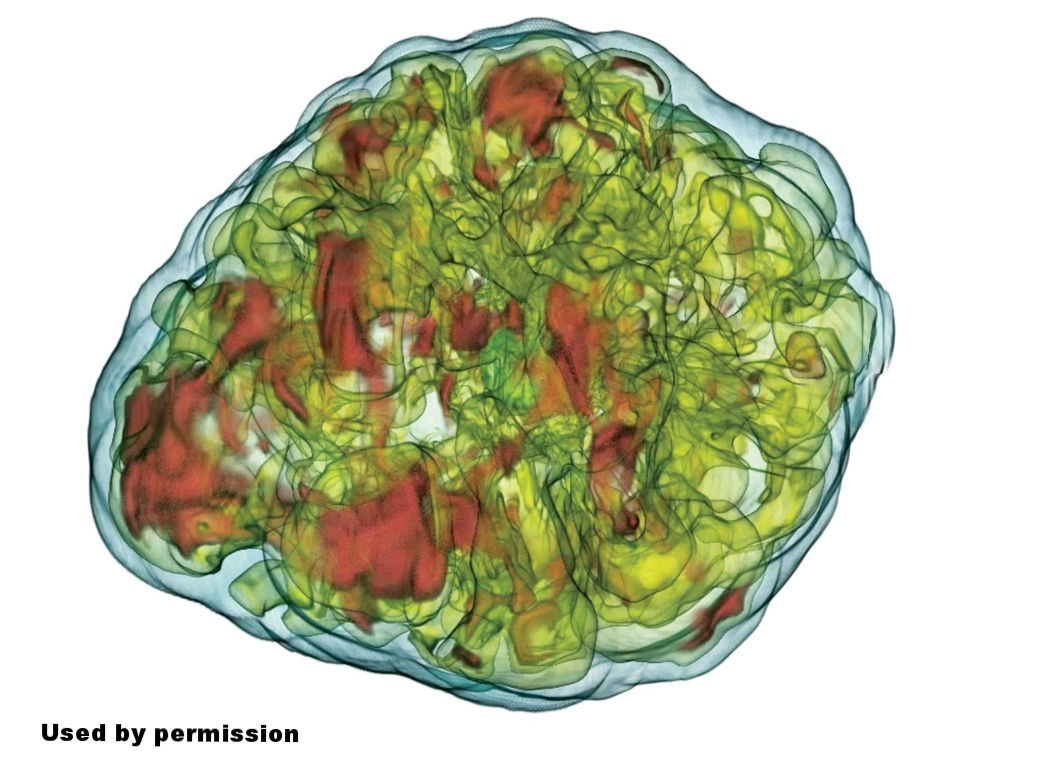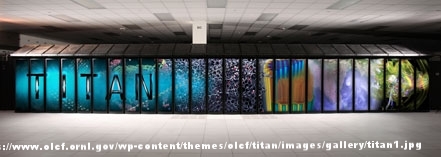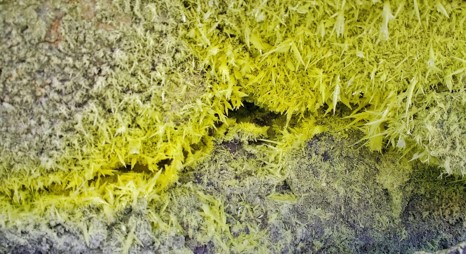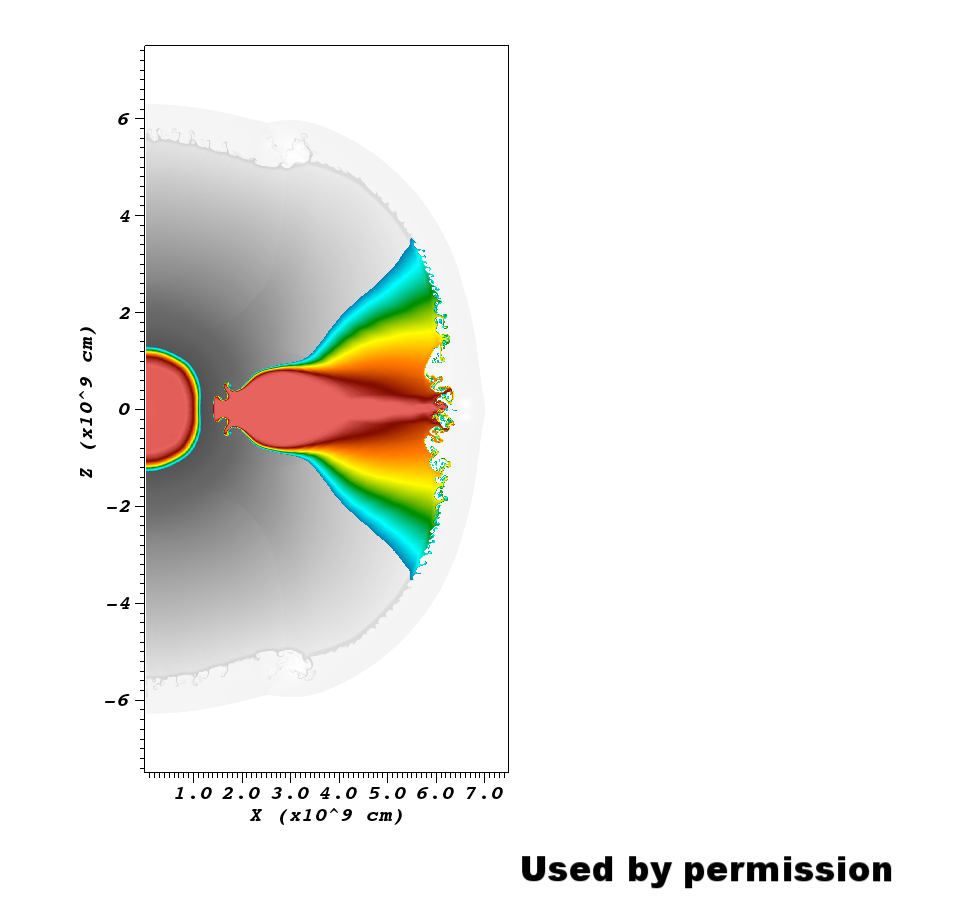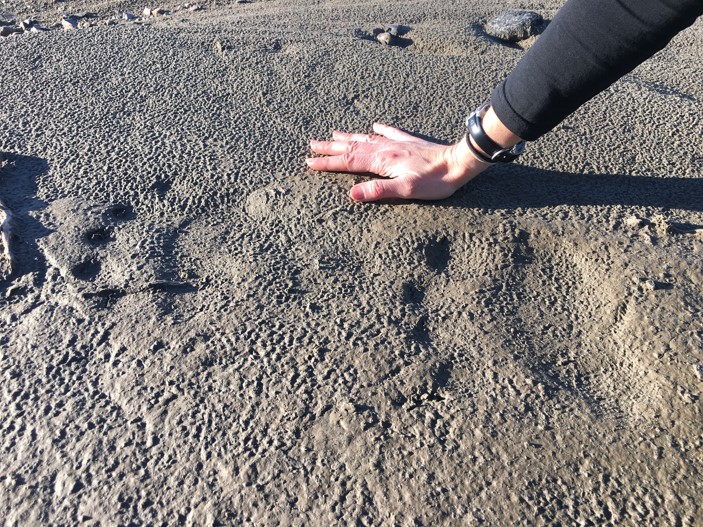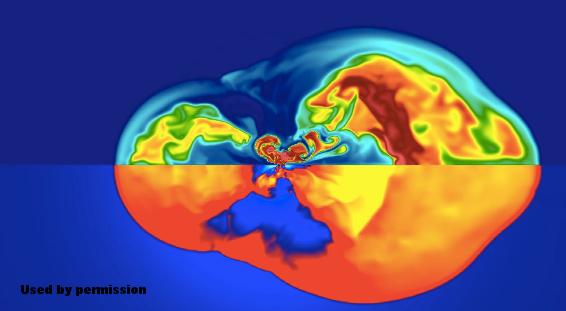Join us as we kickoff our second amazing year of science here in Knoxville with talks from local ORNL and UTK scientists and a medical physicist from Provision Proton Therapy! As a special treat, this year's kickoff will be a super event with 4 speakers! But not to worry, we will leave plenty of room between for chats with friends, food and drink refills, and exciting discussions about science.
Timeline
1:00pm
Doors open for our science social! Join us to meet fellow scientists and science lovers while enjoying a drink from Saw Works Brewing Company and grab some lunch from Oishii Food Truck, who will be available 1:00-3:00pm
1:30-4:30pm
We start with an introduction to taste of science followed immediately by speakers! Pay close attention because following each speaker there will be a pop quiz. First student with the correct answer wins an awesome prize.
5:00pm
We say goodnight on our kickoff and gear up for a full week of science events!
Meet the Experts
Using exploding stars to measure the size of the Universe
We now know that almost 70% of the entire Universe is made of up a mysterious "dark energy." The smoking gun evidence of this is provided by our observations of exploded white dwarfs (i.e. thermonuclear supernovae). We'll talk about how and why these huge explosions - visible across a good fraction of the Universe - are useful for this purpose, as well as how we figure this out using the world's largest supercomputers.
Microbial Dark Matter: Life on Earth just got a lot more complicated
It was previously assumed that most of the major branches of the tree of life had been discovered. However, now we have the technology to read the DNA sequences directly from nature, we know that most microbial life has yet to be described. We can now go exploring for never-seen-before microbes in the volcanoes of Costa Rica, the fjords of the Arctic, or the strange blue mud near the Mariana Trench.
Sweating the small stuff: How dirt in the Arctic is helping us better predict climate change
The Arctic is warming twice as fast as the rest of the planet. When we think about climate change in the Arctic, we often picture a sad polar bear or melting ice sheets. And while the impact of warming on sea ice recession and the local wildlife are extremely important, there are also major changes happening on land, sometimes hidden beneath the surface. Join Mallory for a *cool* discussion about her work, as a grad student at ORNL, on soil chemistry, microbial decomposition, and climate change.
Proton Therapy: A Positive Option
Radiation therapy has been used to treat cancer for over 120 years and X-Rays have been the standard of care. In recent years, therapy utilizing protons has become more widespread and available. Proton therapy has been shown to reduce side effects and improve quality of life, compared to X-Rays. I am a medical physicist at a local proton therapy cancer center, and I will show you the physics of proton therapy and why it's a positive option over other forms of therapy.







